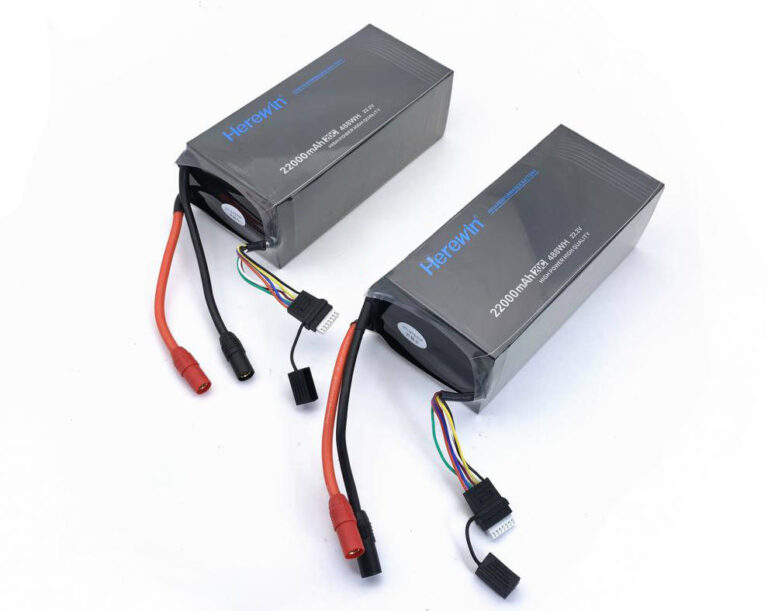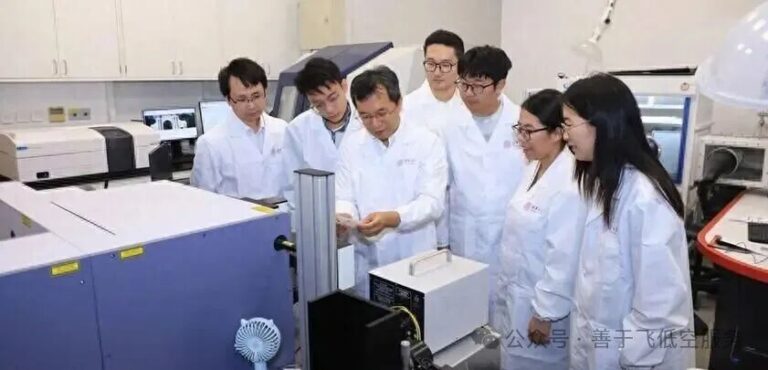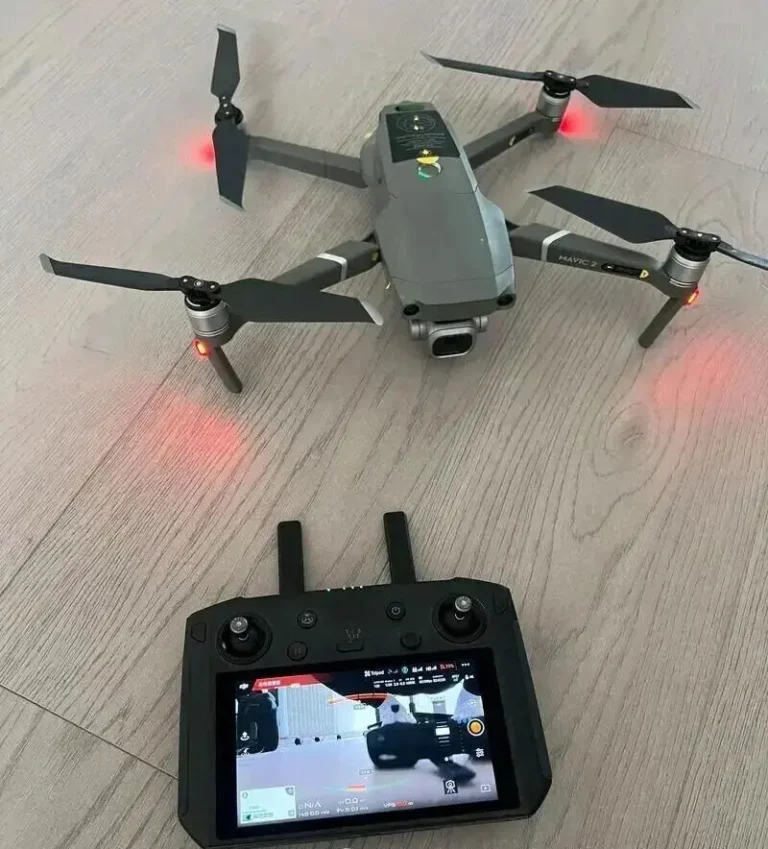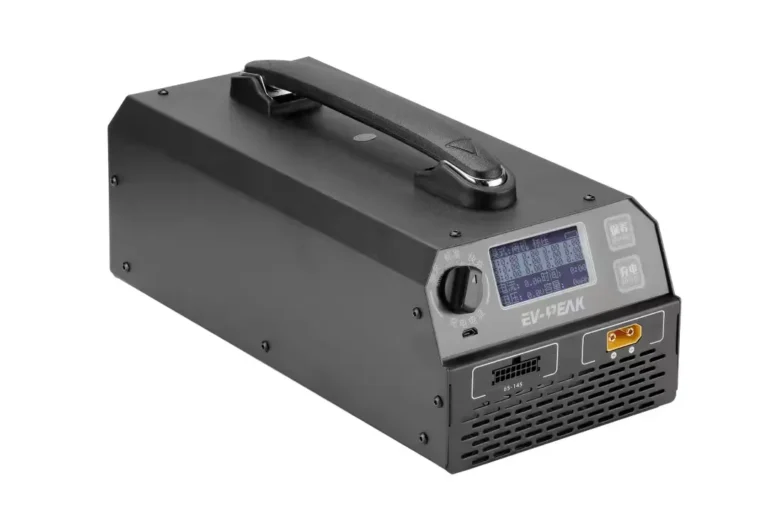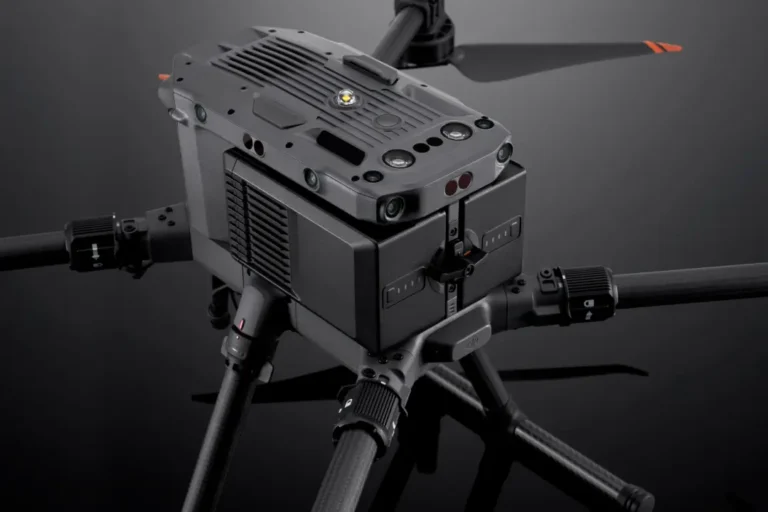Li-ion Battery Custom Development A/B/C Sample Core Three Stages in 2025
Introduction: the development phase of the life and death gate
The global lithium R & D investment of more than 10 billion U.S. dollars, nearly 40% of the project faltered in the development stage. The key to success or failure in the development of lithium battery custom A sample, B sample, C sample of the three engineering milestones – they constitute from the laboratory to mass production of the triple technology verification system. When a company’s A sample suffered thermal runaway during overcharging test (10V, 3C), or when the B sample production line continuously produced thousands of NG cores, these multi-million-dollar lessons proved the extreme importance of stage control.
I. A sample of lithium battery customized development: materials and design of life and death breakout
Core mission: to verify the feasibility of the basic chemical system in a laboratory environment
Key battlefield:
1. Lithium battery customized material matching game
- positive electrode: specific capacity>180mAh/g vs cycle decay rate<0.1%/week
- negative electrode: first efficiency>85% vs expansion rate<15%
- electrolyte: conductivity>10mS/cm vs thermal decomposition temperature>200°C
2.Li-ion battery customized structure design pitfalls
- Electrode design: surface density deviation ±3% → uneven current distribution
- Case mechanics: deformation control under 2MPa expansion pressure
- Typical form: customized small soft pack battery (save 80% trial cost)
Life and death test: pass ARC adiabatic temperature rise test (dT/dt>1℃/min means failure)
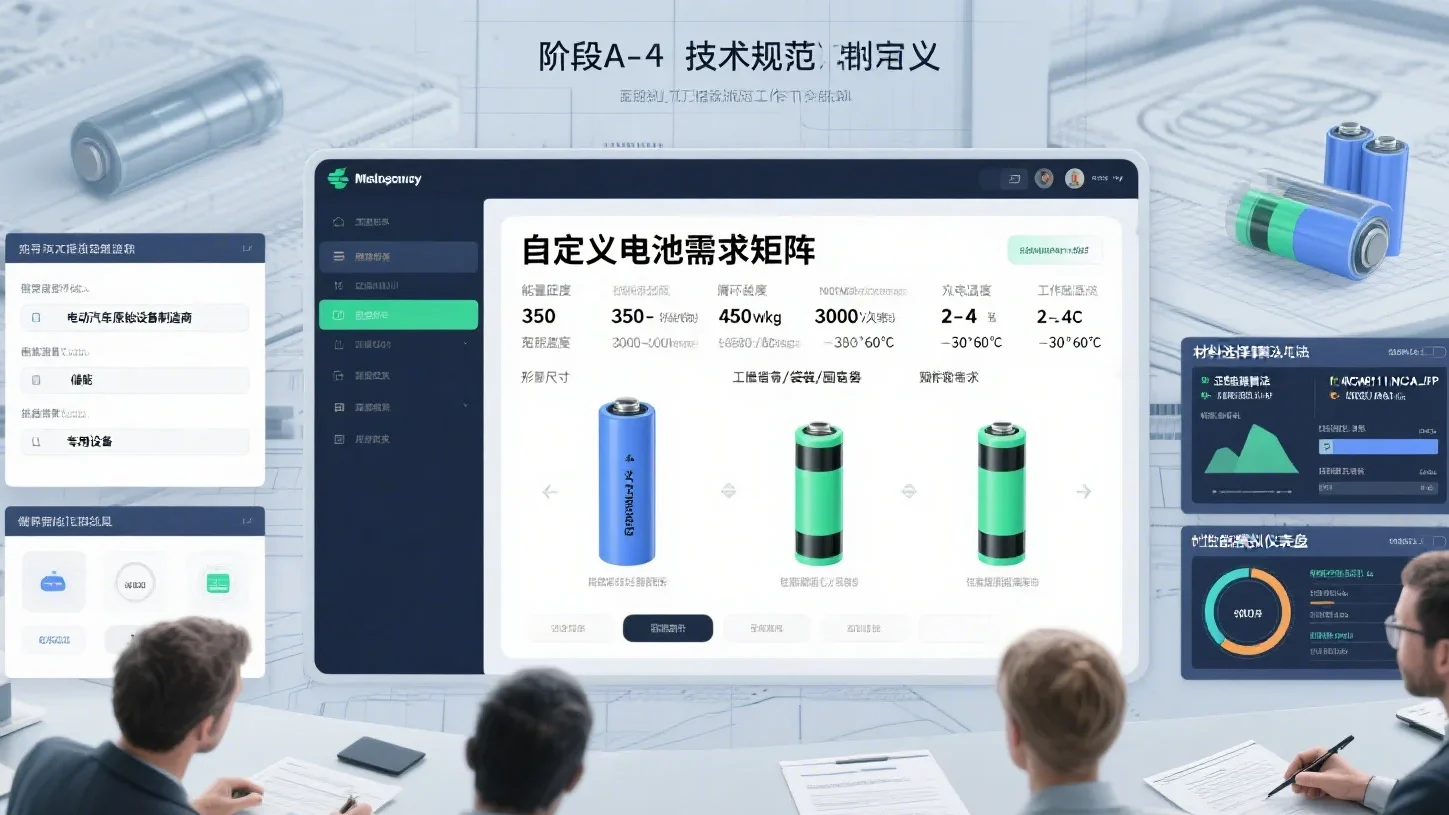
II. Customized lithium battery development B sample: the trial production line of the Shurai field
Lithium battery customization core mission: verify process window and safety boundaries
Triple Purgatory:
1. Process amplification traps
| laboratory process | Pilot test risk points |
|---|---|
| hand coating | Automatic coating machine tension fluctuation ±5% → uneven thickness |
| Glove box assembly | Drying room dew point -45°C out of control → Electrolyte decomposition |
2.Safety Limit Test Matrix
A、Mechanical Abuse –> Needle Punch Test >100℃
A、 Mechanical Abuse –> Squeeze Deformation 30%
B 、Electrical Abuse –> Thermal Abuse –> 150℃ Hot Box 2h
B 、Electrical Abuse –> External Short Circuit<80mΩ
3. Failure analysis closed loop
- disassembly → SEM/EDS analysis → process parameter iteration
- Typical case: a NCM811 B sample lithium precipitation → optimization of the formation system (0.02C → 0.01C)
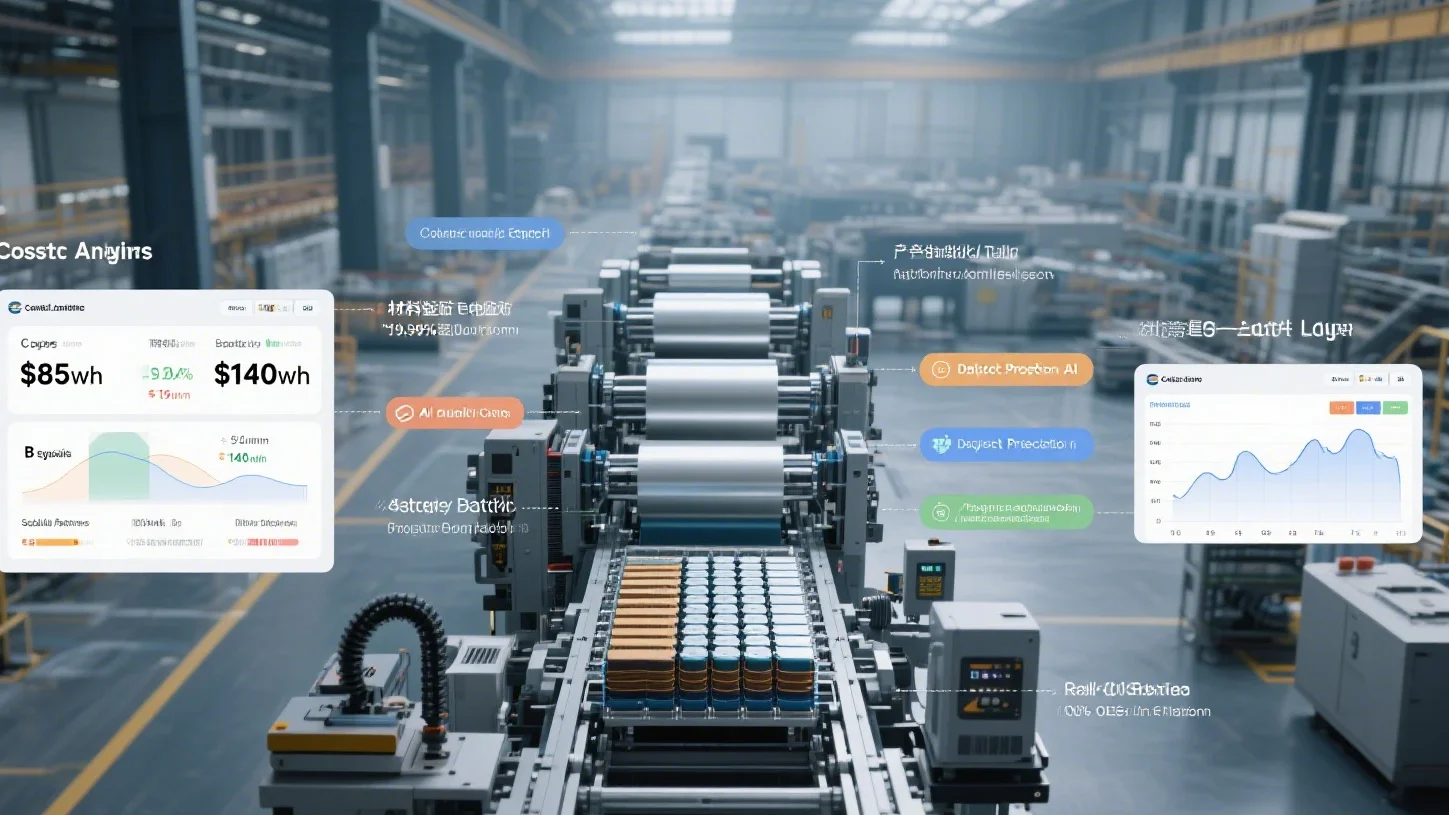
III. Customized C sample for lithium batteries: the ultimate showdown for mass production consistency
Core mission: to realize the CPK of 10,000-grade battery cells>1.33
The key to victory:
1. Process control precision
Electrode slurry: viscosity ±50cp → coating thickness ±2μm
Liquid injection precision: ±0.1g → cyclic expansion rate difference <5%
2. Consistency control technology
Core sorting: 0.1mV voltage grouping + 2mΩ internal resistance matching
Module integration: laser welding depth of fusion control ±10μm
3. Upgraded verification standard
Cycling test: 2,000 times @45℃ (capacity retention rate >80%)
Safety certification: Passed UL2580/GB38031 full test.
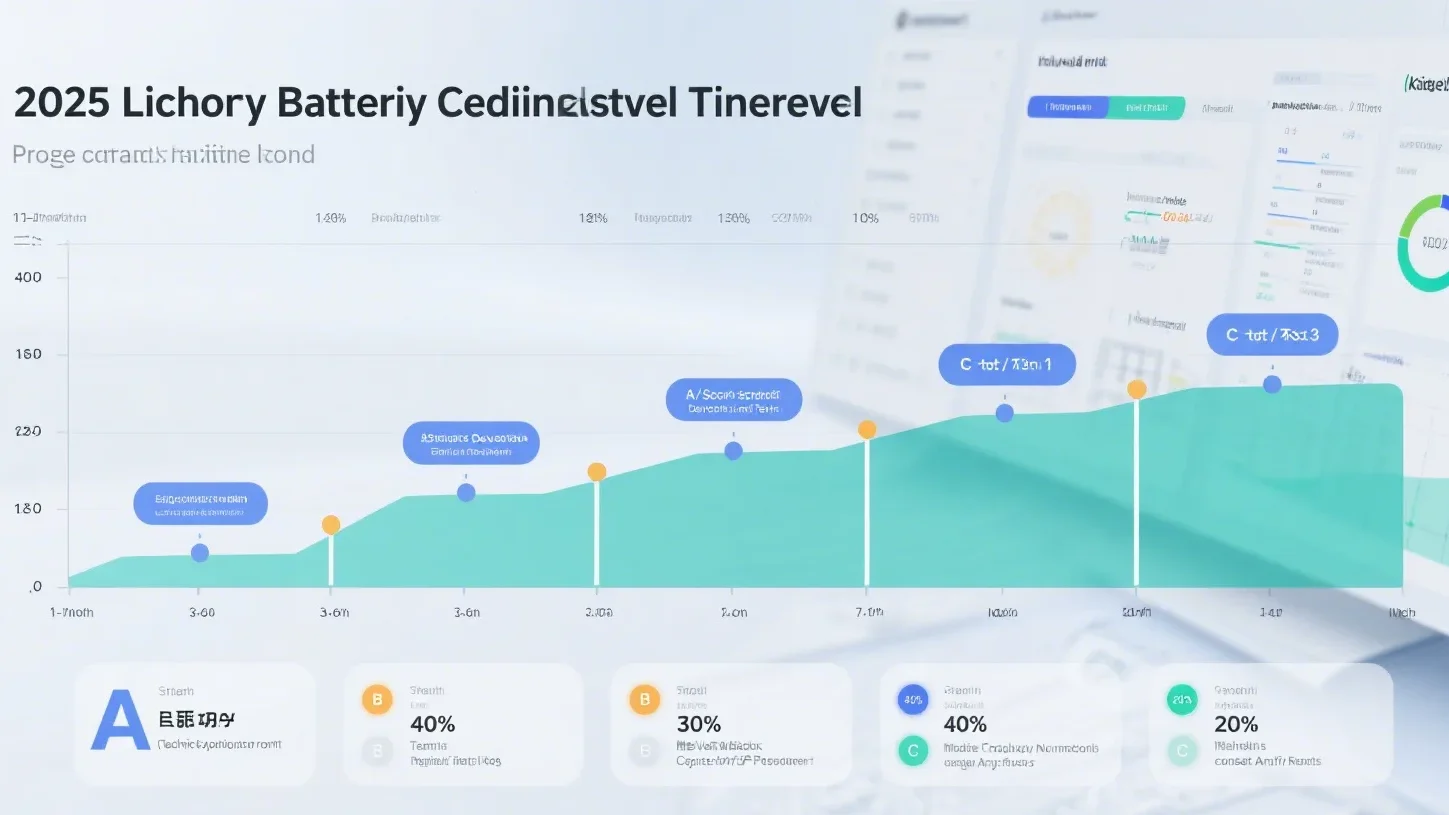
Engineering Apocalypse
Stage core value:
- A sample: valley of death → screening >90% material combinations
- B sample: process amplification → solving 80% mass production failure problems
- C sample: consistency attack → realizing >95% yields
Technology Evolution Trend:
- Digital Twin: 40% shorter virtual prototype development cycle
- AI process control: C sample CPK increased to 1.67
Behind every mass-produced battery, there are 300+ recipe adjustments, 50 rounds of process iterations, and 2,000 hours of extreme testing – this is exactly the cornerstone of lithium-ion engineering forged by A/B/C sample.


